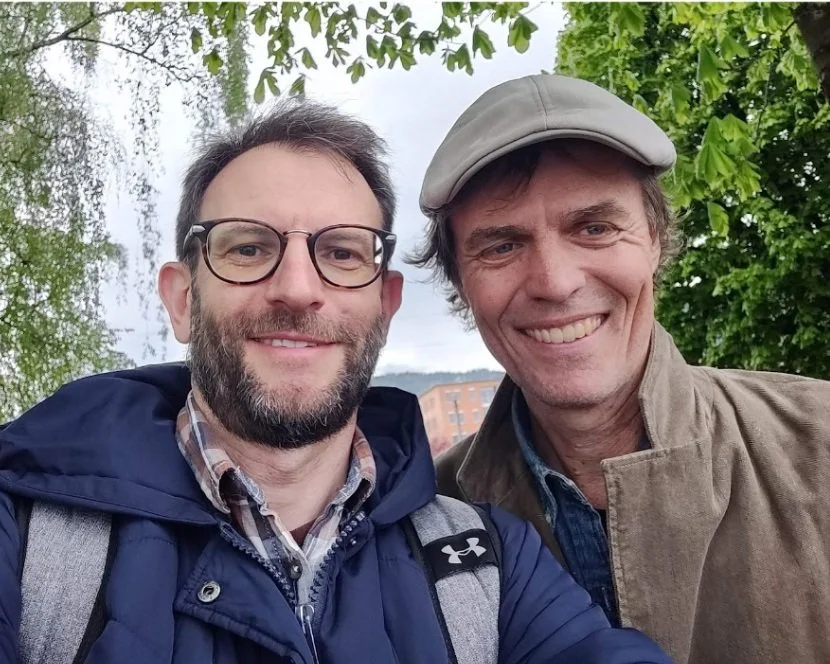
Good News: Polis Starts to Take Root In European Democracy Innovations
By Andy Paice, CII Board member
For those of you familiar with the Co-Intelligence Insitute’s recent writings you’ll know we’re big fans of Polis and its potential to foster collective wisdom.
Its creators Computational Democracy speak of Polis as “…a platform for enabling collective intelligence in human societies and fostering mutual understanding at scale in the tradition of nonviolent communication.”
So this month’s good news charts its implantation in a variety of innovative democracy projects in the UK and on the European continent in Slovakia.
The British government’s civil service has recently created a Collective Intelligence Lab “with the aim of improving policy outcomes by tapping into collective intelligence” and is experimenting with Polis to “stress-test existing policies and current thinking, draw out consensus and divergence on complex, contentious issues, and identify novel policy ideas.”
An English Member of Parliament, Louise Haigh, the elected representative for Sheffield recently used Polis to launch the city’s Big Green Conversation and is seeking to use the platform to explore potentially heated issues around public transport, reducing car use and adopting more sustainable menus in public buildings like schools. The MP sees it as a way to “build consensus on contentious issues and bridge political divides in the city.”
Nearby in Harrogate, Yorkshire the Harrogate District Consensus website provides a platform for multiple Polis conversations on a variety of local issues as they emerge. Local people are encouraged to participate in the conversations and the results of each one are displayed transparently on the site and sent to local politicians of all parties. Interestingly some of the consensus statements have already been seen to start appearing in local party manifestos!
London’s Newspeak House is a fascinating hotbed of civic technologists where researchers, activists, journalists and community groups cohere with coders to create social innovations.
This venue and college hosts all kinds of events, one of which is a regular Civic Tech Open Source Hack Night where a number of coders are currently meeting to improve and build upon the current main instance of Polis.
Last but not least, in Slovakia the website Demdis (translated by Google here) plays a similar role to the Harrogate District Consensus but at a national level and benefits from collaboration with the national newspaper Pravda which distributes Polis conversations on contentious issues such as this current one: “Conservatives vs. liberals. Who is to blame for the growing hatred? And is labeling useful?”
Digitally enabled green shoots of Wise Democracy are sprouting!
